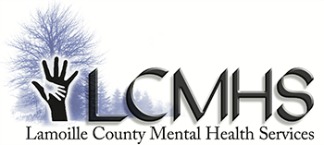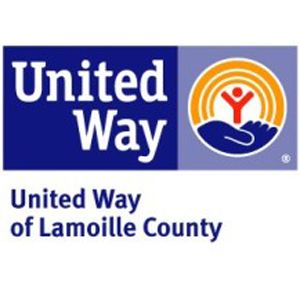Adult Outpatient
The primary focus of Adult Outpatient (AOP) care is on mental health-related needs. Care may also include assistance in locating housing resources, financial management, and obtaining insurance or other benefits which the consumer may be eligible for.
Assessment
All Adult Outpatient consumers are interviewed by an intake clinician. If it is clear that this program is best suited for the consumer’s needs and eligibility, the intake clinician will arrange for an appointment with a therapist within five days. Additionally, if it is deemed useful, there may also be a recommendation for psychiatric evaluation for possible medication services, and for case management.
When the consumer meets with the intake clinician, further review will take place to clarify the expressed needs and concerns of the consumer and to clarify the role of the clinician. In this meeting the clinician will gather further information to formulate the clinical assessment, such as presenting issues, psychosocial history, use of substances, support systems and a medical and treatment history.
Individual Plan of Care
An Individual Plan of Care will be formulated with the consumer and the therapist or case manager to define what the goals and objectives of treatment will be through the regular sessions. Sessions are often weekly, but the therapist or case manager and consumer may decide to meet every other week, or more often depending on the stated consumer need. The care plan will include the consumer’s long term goals and specific objectives that will be the focus of care. Having a plan in place often helps to lessen the consumer’s state of distress. The plan will be reviewed regularly and changed as needed. In the event that the time of service is greater than 6 months a new/revised Individual Plan of Care will be formulated. This will occur every 6 months, as needed.
Case Management
In case management, our goal is to offer clinical supports in collaboration with the consumer’s other care providers to help address specific challenges. The primary focus is on mental health-related needs and may also include housing, financial management, and obtaining insurance or other benefits. This is to help stabilize need areas for the consumer, but also address specific symptoms that may obstructing the consumer in making progress toward their life goals.
For example, a consumer in the midst of a relationship break-up may have an onset of depression and begin to have problems with sleep and hygiene or loss of residence. All of these problems compound and can lead to job loss, which increases the symptoms of depression. Case management services may help stabilize day-to-day concerns and deflect the consumer from a deterioration that could lead to inpatient care or other more costly outcomes.



